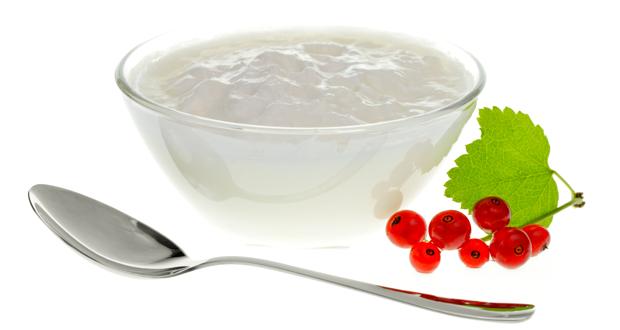
Are you squirming uncomfortably because of a loaded stomach, heart burn and acidity? This may be the result of that one extra bite of sumptuous food that was placed in front of you. Now that you couldn’t resist that “put the blame on meal” we shall help you find a way out of this uncomfortable experience and help you stay away from that bottle of antacid. Let’s tell you about some home remedies for acid reflux right on your kitchen shelf:
The potassium rich Banana
You may not relish that banana but believe us; it’s loaded on potassium with a high PH value and has alkaline properties. The acidity level lowers because of the high PH value. The high-fiber rich bananas help the lining of the stomach produce mucous that helps in increasing the digestion and also acts as a protector to the inner lining. This saves the person from the renewed acidity attacks. The overripe banana work wonders during an extreme acidity bout.
Cold milk
The high-calcium content of the milk prevents the acid formation in the stomach and also prevents the ulcers from forming. The peptic acids are neutralized by the cold milk and this excessive acidity feeling is curbed down drastically by consuming a glassful of cold milk. Leave the sugar alone, drink it sugar free. If you are lactose intolerant then this may not be the answer for you.
Fragrance full fennel
This is a popular mouth freshener and helps in relieving constipation and aiding digestion. Fennel has coolant properties and balms the stomach lining aiding in the healing process. Fennel is a rich source of plasmatic acid, flavonoids, and other volatile oils and also possesses anti-ulcer properties. Best way is to boil fennel seeds in water and then leave them overnight, strain and consume whenever needed.
The digestive Basil leaves
Basil leaves possess digestive compounds that stimulate the stomach’s production of mucous. This mucous that lines the inner stomach, protects the lining from peptic ulcers, helping on the reduction of the acid levels in the stomach. Basil or tulsi leaves also help curb the formation of gas. The basil leaves provide instant relief and need to be consumed right after the meal.
Fresh green Mint leaves
This is a common thing used for preparing a mouth freshener. It improves digestion by lowering the rising acid levels in the stomach. The pain and burning caused by acid reflux can be beaten by eating the leaves of mint. Faster relief can be obtained if the leaves are boiled in water and then taken after cooling it. The tangy smell of the leaves keeps the mouth fresh.
Aromatic Cardamom
Cardamom has magical properties of soothing the stomach by relieving stomach spasms and by calming the excess acid production in the stomach. It has a cooling effect and soothes the mucosal stomach lining and relieves the sensation of burning that makes the person uncomfortable. Boil crushed cardamom in water and cool the water before drinking it.
The succulent and tangy ginger
This is a common Indian kitchen ingredient that also helps in digestion by promoting the production of mucous for the stomach lining. It helps in the reduction of the acid formation and also splits down proteins contained in the food. Ginger also helps in the absorption and assimilation of food.
Source: med guru




 A new study has found that people who took commonly prescribed heartburn and ulcer medications for long term were at higher risk of vitamin B12 deficiency.
A new study has found that people who took commonly prescribed heartburn and ulcer medications for long term were at higher risk of vitamin B12 deficiency.